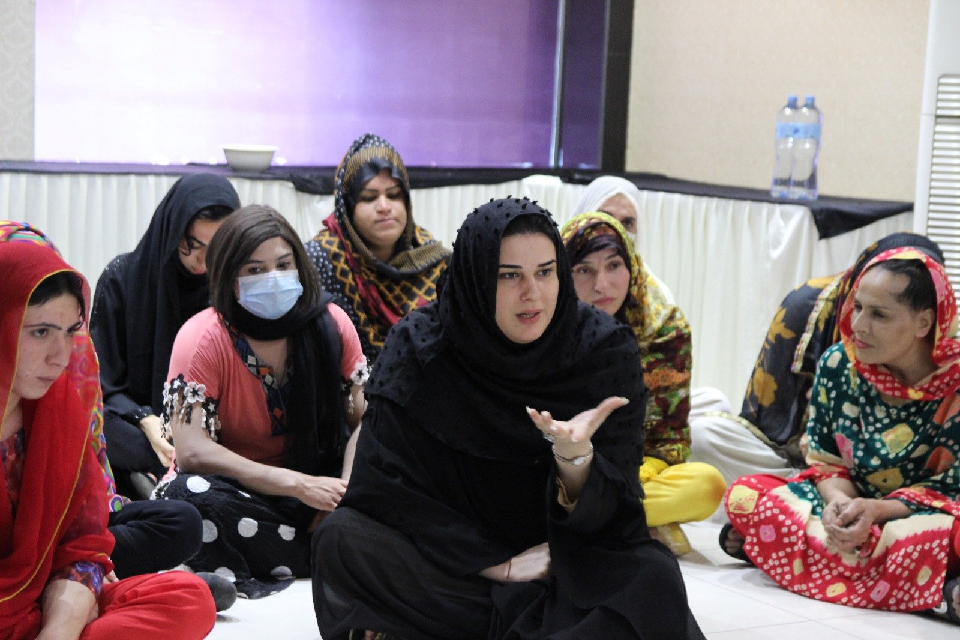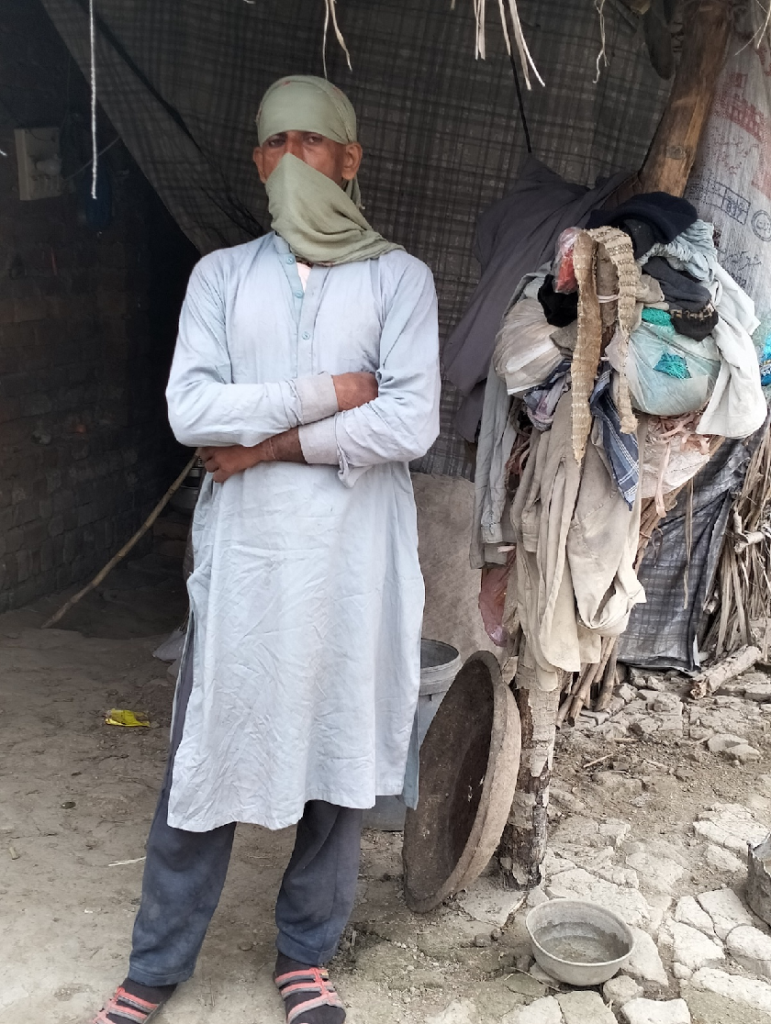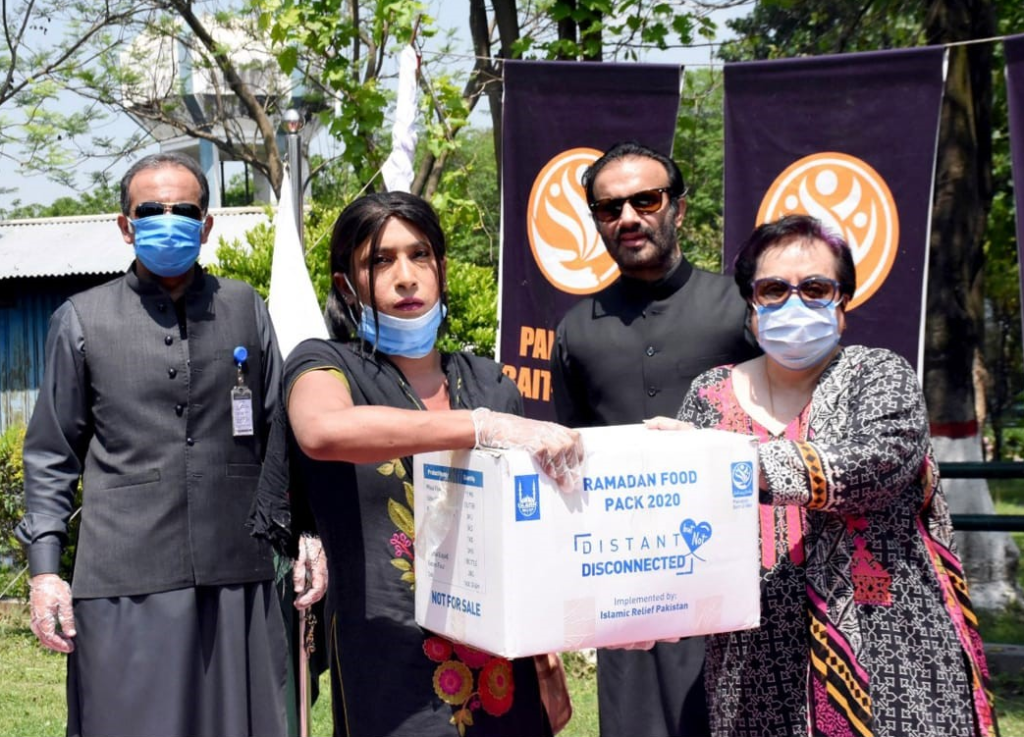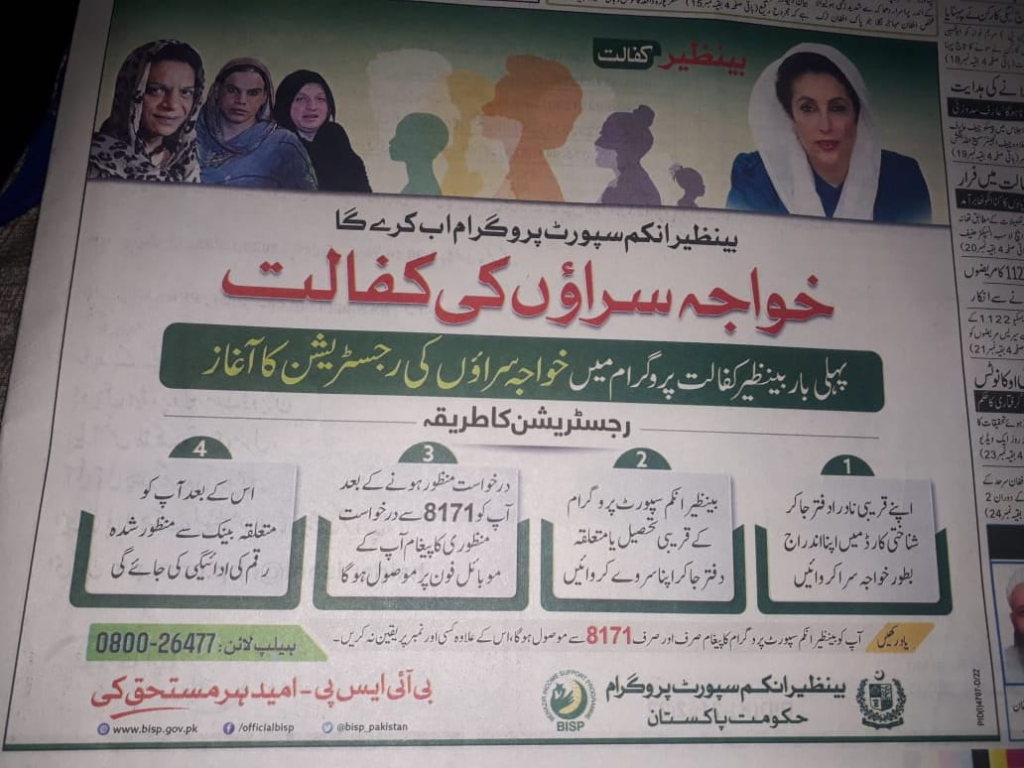The Plight of Trans Individuals in Quetta
Brishana Akram
Quetta: The life in Sindh was marred by constant discrimination and harassment for transgender woman Chaiat Ali. The societal abuse, coupled with rejection from her own family, made it impossible for her to find stable employment.
In search of a better life, Chaiat moved to Quetta; “I hoped to find a more accepting community and some opportunities to support myself,” she said.
Born and raised in Sindh, Ali completed her intermediate education—a notable achievement given the numerous barriers she faced. However, in Quetta, she now survives by begging on the streets.
Although Ali faces less violence compared to Sindh, discrimination still shadows her every step. Chaiat’s journey is not just one of despair; it is also a testament to her resilience and determination to create a better future for herself and others. It also embodies the broader challenges faced by transgender individuals in Pakistan.

In Quetta, the lively capital of Balochistan, transgender individuals face challenges every day as they seek acceptance and respect. Despite enduring unfair treatment and difficulties, they remain strong and hopeful.
Amid their hardships, there are stories of determination and endurance, showing that things can improve and society can change for the better. But the weight of societal prejudice seems insurmountable, leaving little room for optimism or progress.
Despite their resilience, the community finds themselves trapped in a system that offers little hope for meaningful change, highlighting the pervasive challenges that persist in Quetta and beyond.
The term ‘transgender’ refers to individuals whose gender identity differs from the sex they were assigned at birth. This community, often referred to as ‘hijra’ in South Asian culture, has a long historical presence in the region, dating back centuries.
Traditionally, hijras held specific cultural roles, such as blessings at weddings and childbirth ceremonies, but modern society has marginalized them, leading to significant struggles for acceptance and equal rights.
Daily Struggles Endure
Estimated to be over 500, transgender individuals in Quetta face significant social and economic barriers. Employment opportunities are scarce due to widespread prejudice.

Many employers refuse to hire transgender individuals, fearing backlash from customers or other employees.
As a result, many are forced into low-paying, unstable jobs or resort to begging or sex work to survive. This economic marginalization perpetuates a cycle of poverty and vulnerability.
Public harassment is another pervasive issue. Transgenders are often subjected to verbal abuse, physical assaults, and social ostracism.
This constant discrimination and exclusion from community events contributes to a sense of isolation and hopelessness. The social stigma surrounding transgender identities is deeply ingrained, making it challenging for individuals to find acceptance and support.
Access to healthcare is another critical issue for the community in Quetta. Discrimination from medical professionals often leads to inadequate or substandard care.
Many healthcare workers lack the training and awareness needed to address the specific health needs of transgender patients. This includes both general medical care and specialized services, such as hormone therapy and gender-affirming surgeries.
Mental health support is also severely lacking. The constant discrimination and social exclusion take a heavy toll on their mental well-being leading to high rates of depression and anxiety.
Yet mental health is virtually non-existent, leaving many without essential psychological assistance, making it even harder for individuals to cope with their daily struggles.
Urgent Intervention Needed
The Pakistani government passed the Transgender Persons (Protection of Rights) Act in 2018, granting transgender individuals the right to self-identify and prohibiting discrimination in education, employment and healthcare.
The law also mandates separate facilities in jails and hospitals. However, the implementation of this law in Balochistan has been sluggish. While the government has taken steps like issuing ID cards that reflect gender identity and providing some social services, bureaucratic hurdles and a lack of awareness impede progress.
Government Official Dr Ahmed Khan stated, “The government recognizes the urgent need to address the challenges faced by transgender individuals. However, the implementation of protective measures is slow, and much more needs to be done to raise awareness and ensure compliance with the laws.” Non-governmental organizations (NGOs) play a pivotal role in supporting the transgender community in Balochistan. They provide essential services to reduce societal stigma through education campaigns.
Non-governmental organizations (NGOs) play a pivotal role in supporting the transgender community in Balochistan. They provide essential services to reduce societal stigma through education campaigns.
Local NGO Representative Zainab Khan “We’ve witnessed firsthand the devastating impact of discrimination on the transgender community.
Through our initiatives, we strive to provide access to healthcare, legal support, and vocational training. However, the scale of the challenge requires concerted action from all stakeholders, including the government and local communities.”
Despite their efforts, NGOs face limitations in resources and reach. The need for comprehensive support far exceeds what these organizations can provide, highlighting the necessity for greater governmental intervention and societal change.
Islamic perspective on transgenders emphasizes compassion, justice, and the protection of human dignity. Some interpretations suggest that transgender individuals should be respected and treated fairly, aligning with the broader Islamic principles of equality and justice.
Creating a more inclusive society for transgenders in Quetta requires not only legal changes but also a transformation in societal attitudes and practices.
It is crucial for the government, NGOs, and society at large to work together to ensure that transgender individuals can live with dignity and equality. Educational campaigns and awareness programs at provincial level can play a significant role in reducing societal stigma and fostering acceptance. Training healthcare professionals to address the specific needs of transgender patients is essential to improving access to quality medical care.
Training healthcare professionals to address the specific needs of transgender patients is essential to improving access to quality medical care.
One successful model is the establishment of community centers that offer comprehensive support services for transgender individuals. These centers can provide healthcare, legal assistance, vocational training, and mental health counseling all under one roof.
Such integrated support can significantly enhance the quality of life for transgender individuals and help them become self-sufficient, as well as address the psychological traumas faced by them.
The struggles of the trans community in Quetta reflect broader issues of discrimination, marginalization and resilience. Regardless of their predicament, the transgender community in Quetta exhibits remarkable resilience.
They form close-knit support networks, offering emotional and sometimes financial support to one another. These networks are crucial in helping individuals navigate the harsh realities of their lives.
Transgender individuals in Quetta, like Chaiat Ali, continue to advocate for their rights and dignity. Their resilience and determination are a testament to their strength and a call to action for broader societal support.
Brishana Akram, a media and journalism student at the Sardar Bahadur Khan Women University, Balochistan, compiled this report as part of her project
All information and facts provided are the sole responsibility of the writer.
Photo Credit: Agencies

Comments are closed.